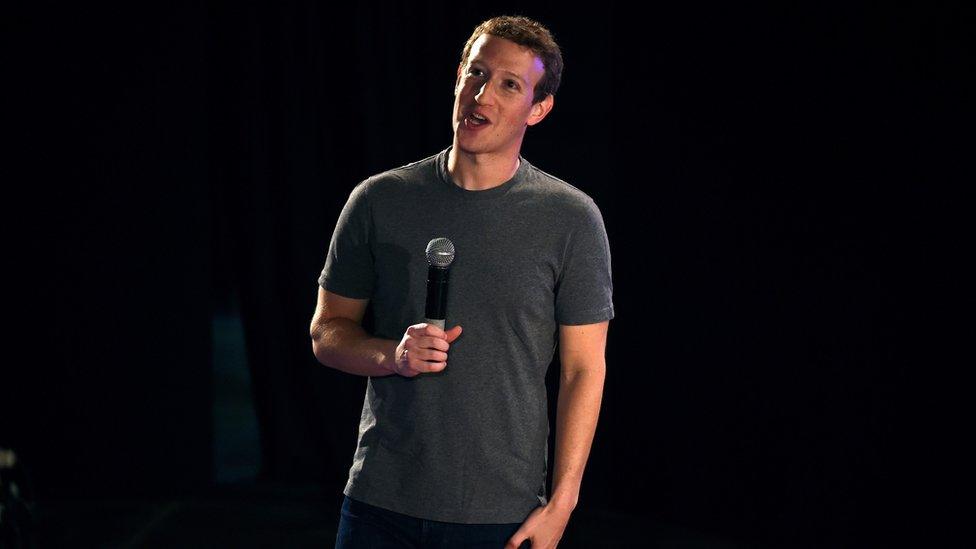Tech Tent - Silicon Valley arrogance, connected toy safety, and AI that can read
- Published

On this week's edition of Tech Tent, we bring you two controversies raging in the technology world, plus an insight into an AI business that's actually making money.
Facebook v India
Since India's telecoms regulator banned Facebook's Free Basics on Monday the row over the social network's motives in offering a free but limited mobile internet service has deepened.
When Marc Andreessen waded in, the temperature rose to boiling point. The legendary Silicon Valley venture capitalist and Facebook board member was contemptuous of India's ban on Free Basics, then tweeted: "Anti-colonialism has been economically catastrophic for the lndian people for decades. why stop now?" He deleted the tweet but not before his words were held up as an example of Silicon Valley's arrogance towards developing countries.
I'm talking to Mahesh Murthy, a tech entrepreneur who clashed with Marc Andreessen on Twitter and was then blocked. He says he's lived in Silicon Valley and is a fan - but says there is still an arrogant "masters of the Universe" attitude there which assumes that Americans know what's good for India.
Dave Lee in San Francisco speaks to Om Malik, the technology journalist who's been based in Silicon Valley for many years. He's more sympathetic to Facebook, believing Mark Zuckerberg's motives are essentially altruistic - but says Silicon Valley's boundless optimism can blind it to the realities of life in India.
Vtech v parents
The fallout from last year's hacking of the toy company VTech continues. This week it emerged that the company had slipped out some new terms and conditions which warned parents that there was no guarantee that its online products could not be hacked again. They were told to "acknowledge and agree that any information you send or receive during your use of the site may not be secure and may be intercepted or later acquired by unauthorised parties".
The security researcher Scott Helme tells us what happens when you first turn on a VTech children's tablet. He says VTech has a point when it says no company can guarantee it won't be hacked - but it still should shoulder the responsibility if it happens.
We will also get our special guest Professor Angela Sasse, head of information security research at University College London, to give her take on the story.
By the way, we tried to put a few questions to VTech about trust in its technology last month at London's Toy Fair. You can see what happened here.
Diffbot - a different take on AI
This week saw another example of the boom in investment in artificial intelligence. A Silicon Valley-based company called Diffbot raised $10m from investors who had backed firms like Google and Tesla in the past. Diffbot is teaching computers to read the web and understand it just like humans do - in other words, look at this page and say that's about a radio programme called Tech Tent and this picture is of Mark Zuckerberg so it must relate to a story about Facebook. It doesn't sound hard - but this simple task has proved a big challenge for AI researchers. Mike Tung of Diffbot talks us through the technology - and reveals that unlike most AI ventures, this is a business which actually makes money.
Tune in to the BBC World Service at 15:00 GMT for all that and more, or catch the podcast later.